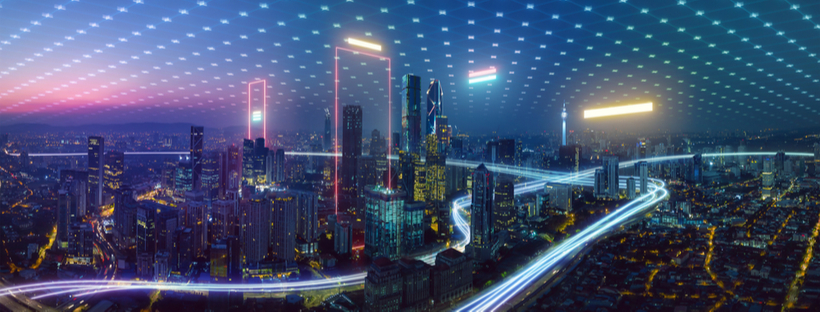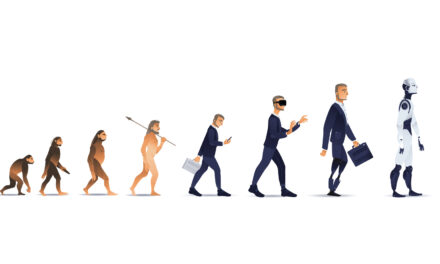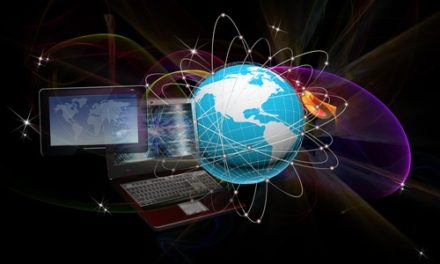
Smart Cities: Healthier, Wealthier and Wiser
Smart cities use big data, cloud computing, edge technology and artificial intelligence to develop more sustainable practices to address the growing challenges of urban areas, while improving the efficiency and effectiveness of the delivery of services, from trash collection and easing traffic congestion to filling potholes and improving energy and water distribution.
To view the full article please register below:
Smart Cities: Healthier, Wealthier and Wiser
Our political leaders may not be getting any smarter, but there is a global race among “smart cities” to become even smarter and remain relevant in a changing world.
What is a Smart City?
A smart city uses big data, cloud computing, edge technology and artificial intelligence to develop more sustainable practices to address the growing challenges of urban areas, while improving the efficiency and effectiveness of the delivery of services, from trash collection and easing traffic congestion to filling potholes and improving energy and water distribution.
Here’s how McKinsey frames the set of potential smart solutions enabled by technology:
- Safety—Data-driven policing and optimized emergency response traffic safety
- Time—Public-transit apps, intelligent traffic management and new, dynamic mobility options
- Health—Data-driven public health interventions (smarter cities had better COVID outcomes than less smart cities) and digital tools for better patient experience
- Environment—Air quality monitoring, energy use optimization, electricity, water and waste tracking
- Connectedness—Apps that connect person-to-person, the public to local government and neighborhoods
- Jobs:—E-career centers, digital administrative processes for small businesses, data-driven education and online training
- Cost of Living—Digitized land-use and permitting processes, dynamic electricity pricing and usage tracking, and e-hailing and microtransit options
Smart Cities in Action
Here are some examples from around the world of cities employing technology to become smarter.
- Dubai is well into a seven-year plan to digitalize all government services. Almost 90 such services are already available through its DubaiNow app. It also has built three autonomous police stations and is working on building a $6 billion hyperloop.
- Oslo is using sensors to control the lighting, heating and cooling of buildings to cut emissions and save money. It has already installed over 2,000 EV charging stations.
- Boston’s Innovation District is dedicated to supporting innovative start-ups to support its goal of “participatory urbanism.”
- New York has launched a pilot program to place smart sensors and a low-power WAN to collect data to manage trash collection and replace public phones with online charging stations.
- Barcelona uses LED light pole-mounted sensors to monitor traffic, air quality, pedestrian activity and noise to manage its streetlights.
Smart cities should make urban areas safer, more convenient and healthier to live in than ever. And, for the companies that are expected to profit from the employment of their technologies and services by cities all over the world, smart cities may represent a new crop of next-generation investment opportunities.
Please reference disclosures: https://blog-dev.americanportfolios.com/disclosures/












